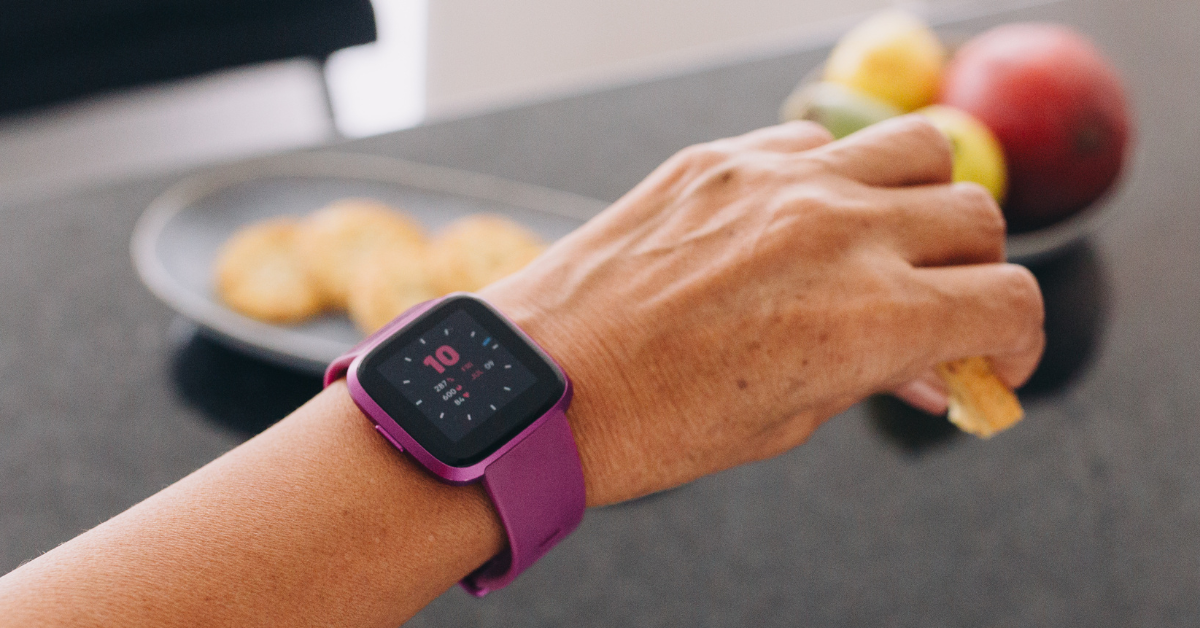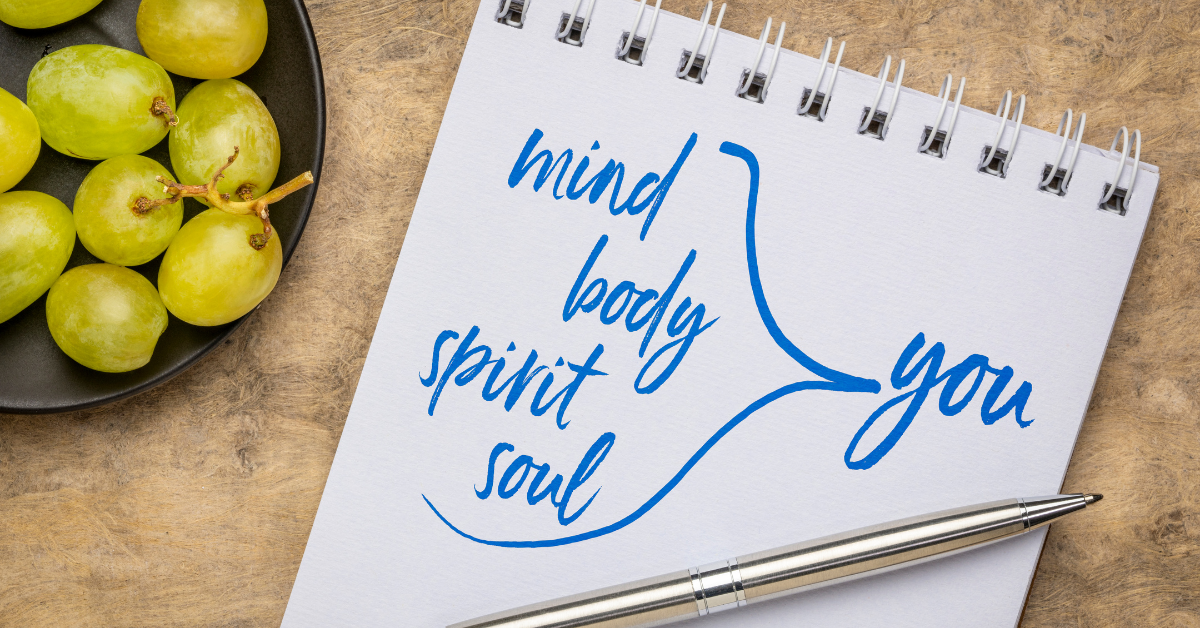What is your first thought after finishing a workout?
It might be something like:
- Yes! I feel so accomplished
- That was tough, but definitely worth it
- I’m so proud of myself for pushing through
Likely, it is NOT something like:
- Ugh, I wish I hadn’t done that
- I feel worse than before I started
- I should have just stayed on the couch
Exercise has a remarkable way of making us feel better, not worse. After completing a workout, you’re likely feeling proud of yourself (as you should be!) but that’s only part of why you feel so good after exercise. There’s a whole lot happening in your brain, thanks to some powerful chemicals called endorphins.
What are endorphins?
Endorphins are like your body’s own feel-good, pain-relief system. They’re neurotransmitters produced by the central nervous system and the pituitary gland. I like to explain them as “happiness boosters” that flood your brain when you exercise.
When you start exercising, your body initially goes into a bit of shock – your heart rate increases, muscles start to work harder, and you might feel some discomfort or pain. This is where endorphins come in. In response to the physical stress, your brain releases endorphins to help reduce the perception of pain. It’s like your body’s way of saying, “You’ve got this, keep going!”
As those endorphins bind to opioid receptors in your brain, they trigger a euphoric feeling often referred to as a “runner’s high.” This isn’t just for runners, though – it can happen with any form of exercise!
Why do they make us feel so good?
Regular exercise has profound effects on just about every single aspect of your health, from literally altering your body structure to lifting your spirits nearly instantly.
One of the primary functions of exercise endorphins is to reduce the perception of pain. They do this by blocking the transmission of pain signals to your brain. This process not only allows us to push through the physical challenges of exercise but also leaves us feeling less sore and less fatigued afterward.
In addition to their pain-relieving effects, endorphins also have a profound impact on our mood. When released during exercise, they interact with the brain’s reward pathways, leading to feelings of euphoria and well-being. This is why many people experience a sense of happiness and exhilaration after a workout. The release of endorphins can help reduce stress, anxiety, and symptoms of depression, leaving us feeling calmer, more relaxed, and more positive overall.
The fact that something as simple as movement can lead to feelings of joy and contentment is absolutely incredible to me. I view exercise endorphins as a testament to God’s wisdom and care – They are a small but significant part of God’s creation, calling us to marvel at His provision and goodness in every aspect of our lives.
Trust me, even when you don’t want to move your body, you will always feel better after choosing to do so.
Below is one of my favorite mood boosting PAZAZ sessions. It’s a 10-minute “oldie but goodie” that requires no equipment other than a positive mindset. You can do it individually or, even better, invite a friend or family member to join you!
Remember, exercise is not just about burning calories or building muscle. You’re also taking care of your mental health. And, best of all, I believe that when we really take the time to think about what’s going on in our bodies during exercise, we can’t help but praise God for His handiwork within us!
Do you think understanding the science of endorphins in exercise can deepen your appreciation for the human body and God’s design?











